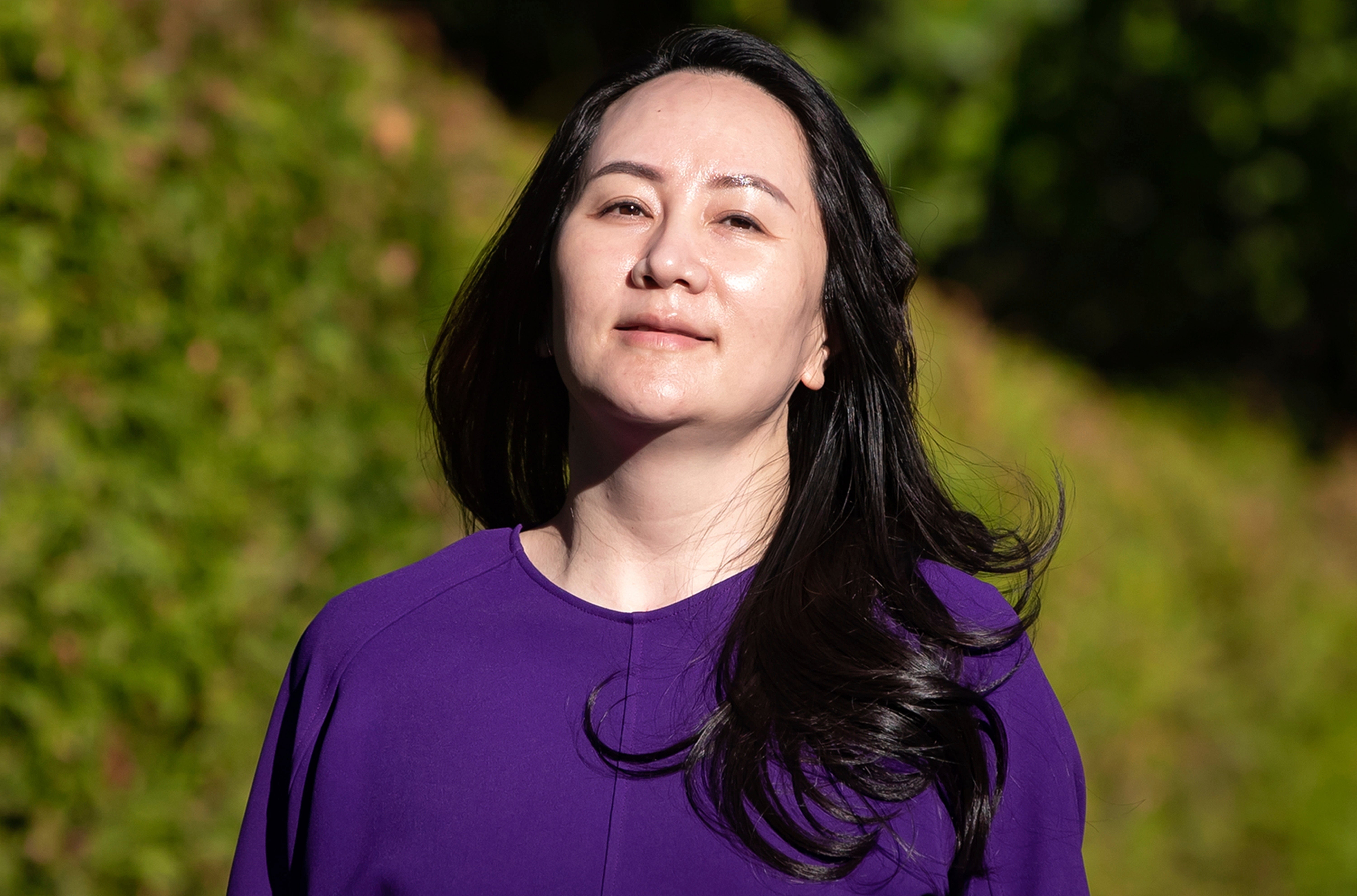Canadian extradition judge deals Huawei CFO legal blow
A senior executive for Chinese communications giant Huawei Technologies has been denied access to most of the documents her lawyers hoped to use to help prevent her extradition to the United States

Your support helps us to tell the story
From reproductive rights to climate change to Big Tech, The Independent is on the ground when the story is developing. Whether it's investigating the financials of Elon Musk's pro-Trump PAC or producing our latest documentary, 'The A Word', which shines a light on the American women fighting for reproductive rights, we know how important it is to parse out the facts from the messaging.
At such a critical moment in US history, we need reporters on the ground. Your donation allows us to keep sending journalists to speak to both sides of the story.
The Independent is trusted by Americans across the entire political spectrum. And unlike many other quality news outlets, we choose not to lock Americans out of our reporting and analysis with paywalls. We believe quality journalism should be available to everyone, paid for by those who can afford it.
Your support makes all the difference.A senior executive for Chinese communications giant Huawei Technologies has been denied access to most of the documents her lawyers hoped to use to help prevent her extradition to the United States
Canada arrested Meng Wanzhou the daughter of Huawei’s founder and the company’s chief financial officer, at Vancouver’s airport in late 2018. The U.S. wants her extradited to face fraud charges. Her arrest infuriated Beijing.
The U.S. accuses Huawei of using a Hong Kong shell company called Skycom to sell equipment to Iran in violation of U.S. sanctions. It says Meng, 48, committed fraud by misleading the HSBC bank about the company’s business dealings in Iran.
During a hearing last month, Meng’s lawyers argued the redacted information in about 40 documents could help their claim she was unlawfully detained, searched or interrogated as part of a plan between Canadian and American authorities to have Canada Border Services Agency officers misuse their powers to covertly collect evidence for the FBI.
Lawyers for the Canadian government argued the documents were protected by solicitor-client privilege.
In a decision released Friday, Associate Chief Justice Heather Holmes upheld privilege claims asserted by the Attorney General except for a single email.
The Canadian Department of Justice said in a statement that solicitor-client and litigation privilege are fundamental principles that protect the ability of individuals, corporations and governments to seek legal advice confidentially.
“Canada respects the decision made by Associate Chief Justice Holmes and the court process that led to this decision,” the statement said.
In May, Meng failed in a bid to end the extradition process when Holmes ruled the allegations against her could constitute a crime in Canada as well.
Meng is scheduled to return to court on Oct. 26 for a hearing on whether her arrest and detention were conducted lawfully, which will include witness testimony from the RCMP and Canadian Border Service Agency.
Meng’s arrest has soured relations between Canada and China. In apparent retaliation, China detained former Canadian diplomat Michael Kovrig and Canadian entrepreneur Michael Spavor. China has also placed restrictions on various Canadian exports to China, including canola oil seed. China also handed death sentences to four Canadians convicted of drug smuggling.
Meng remains free on bail in Vancouver.